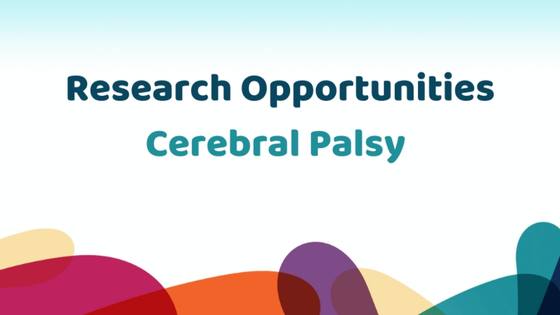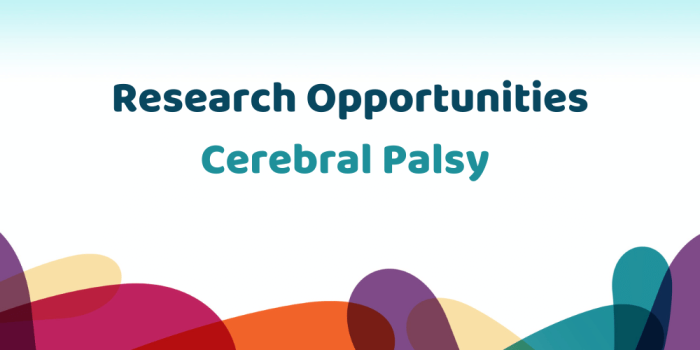Research Studies

Energy Costs for Children with Cerebral Palsy Study
Help us learn why energy costs for children who have cerebral palsy (CP) are high, and gain insight into tailoring treatments to lower them.
Learn More
Assessing Coordination After Orthopedic Surgery Study
Help us learn about how orthopedic surgery affects how children with disabilities move and coordinate their muscles! The information gathered from this study will help establish the scientific basis to understanding motor adaptation and improve function and care for people with CP and other neurologic injuries.

Biofeedback Based Gait Training Study
Help us learn about how children with disabilities learn new ways to move and coordinate their muscles! The information gathered from this study will help establish the scientific basis to understanding motor adaptation and improve function and care for people with cerebral palsy and other neurologic injuries.
Learn More
Predictors of Pain Research Study
Partner with Gillette clinical researchers on a study aimed to help determine predictors of pain following orthopedic surgery in children with cerebral palsy.
Learn More Home Page
Home Page

